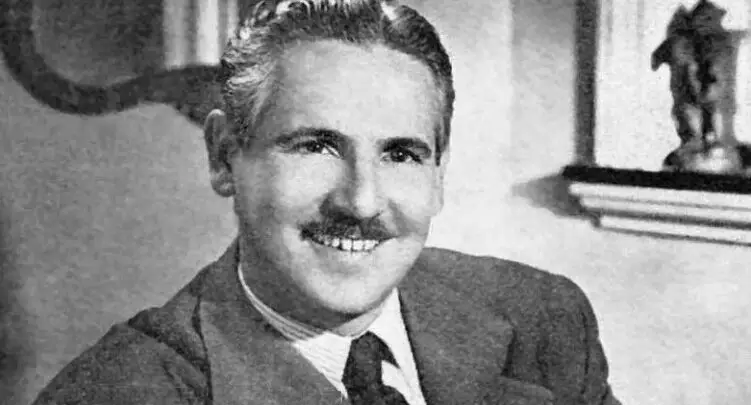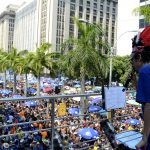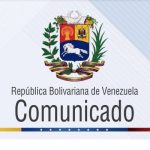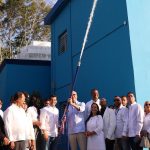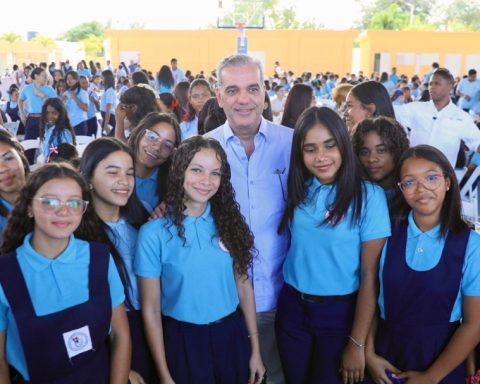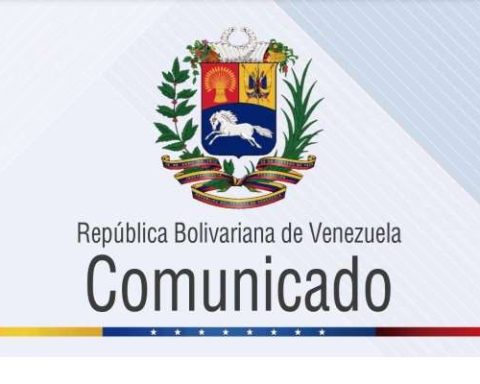HAVANA, Cuba.- Like all the presidents of Cuba republican, Carlos Prío Socarrás (1903-1977) has fared badly on the pages of history books written by the amanuenses of the Castro revolution. The truth is that the lawyer born in Bahía Honda, Pinar del Río, came to power through democratic elections in 1948, in a social and political context marked by political-administrative corruption, gangsterism and inflation.
During the government of his predecessor, Ramón Grau San Martín, also a member of the Authentic Revolutionary Party, clashes between gangs had become frequent, with a significant number of fatalities and the consequent instability of life in the capital.
For this reason, one of the first measures taken by Prío was the approval of the Law for the Suppression of Gangsterism, which did not work due to his excessive tolerance of sources of political gangsterism and episodes of corruption.
His government program was aimed at containing inflation and stimulating agriculture through the creation of agricultural cooperatives whose priority was to take advantage of every inch of land with productive capacity. During his tenure, the National Bank of Cuba, limits were placed on foreign loans, improvements were implemented in the educational system, industry was developed, and the number of public works increased.
In this period the National Library and new roads on the north coast were completed. Work also began on the Civic Plaza and the tunnel under the Almendares River, which currently connects the municipalities of Plaza and Playa.
In the economy, sugar exports exceeded 600 million pesos, and the production of coffee, tobacco, textiles, footwear and food increased. The fishing industry grew and the real estate market was oxygenated.
The standard of living increased significantly. Wages rose and so did North American investments in lines such as electricity, telephony, mining, pharmaceutical products and other businesses, many of them promoted with Cuban capital.
Carlos Prío Socarrás strengthened democratic institutions in accordance with the provisions of the 1940 Constitution, through the creation of the Court of Constitutional and Social Guarantees, and the Court of Accounts. He created the National Board of Economy and the Bank for Agricultural and Industrial Development. He founded the Universidad de Oriente and began construction on its counterpart in Las Villas.
Prío was deposed by the coup of March 10, 1952, led by Fulgencio Batista, three months before the presidential elections were held. He fled to the United States with his family without defending his government, and from there conspired to overthrow Batista.
He returned to Cuba in 1959, with the triumph of the Revolution. The former president had supported the Granma expedition and the fight in the Sierra Maestra. However, he broke with Fidel Castro when his policies began to drift towards communism.
Carlos Prío emigrated permanently in 1961. He settled in Miami, where he committed suicide by shooting himself in the chest on April 5, 1977.
